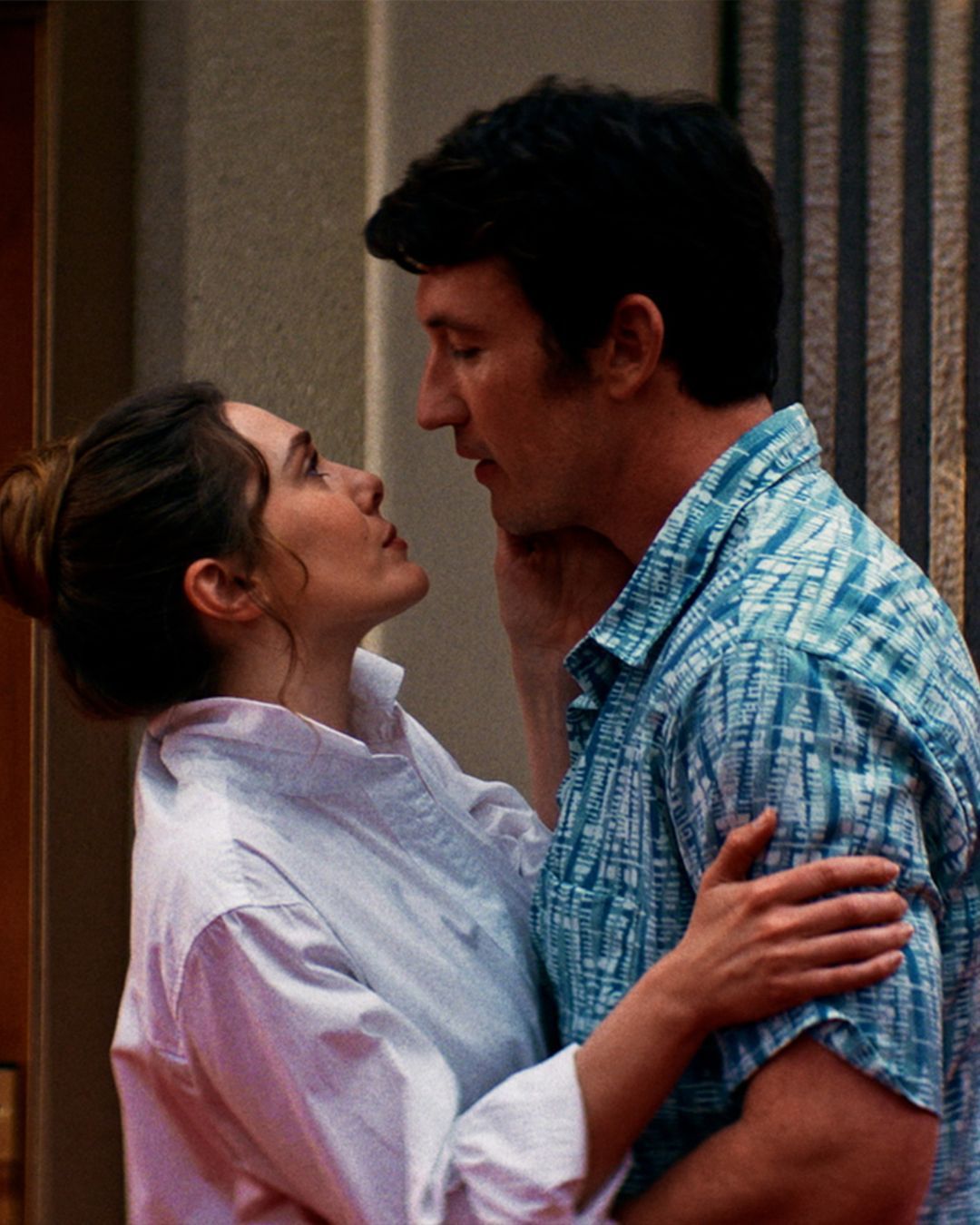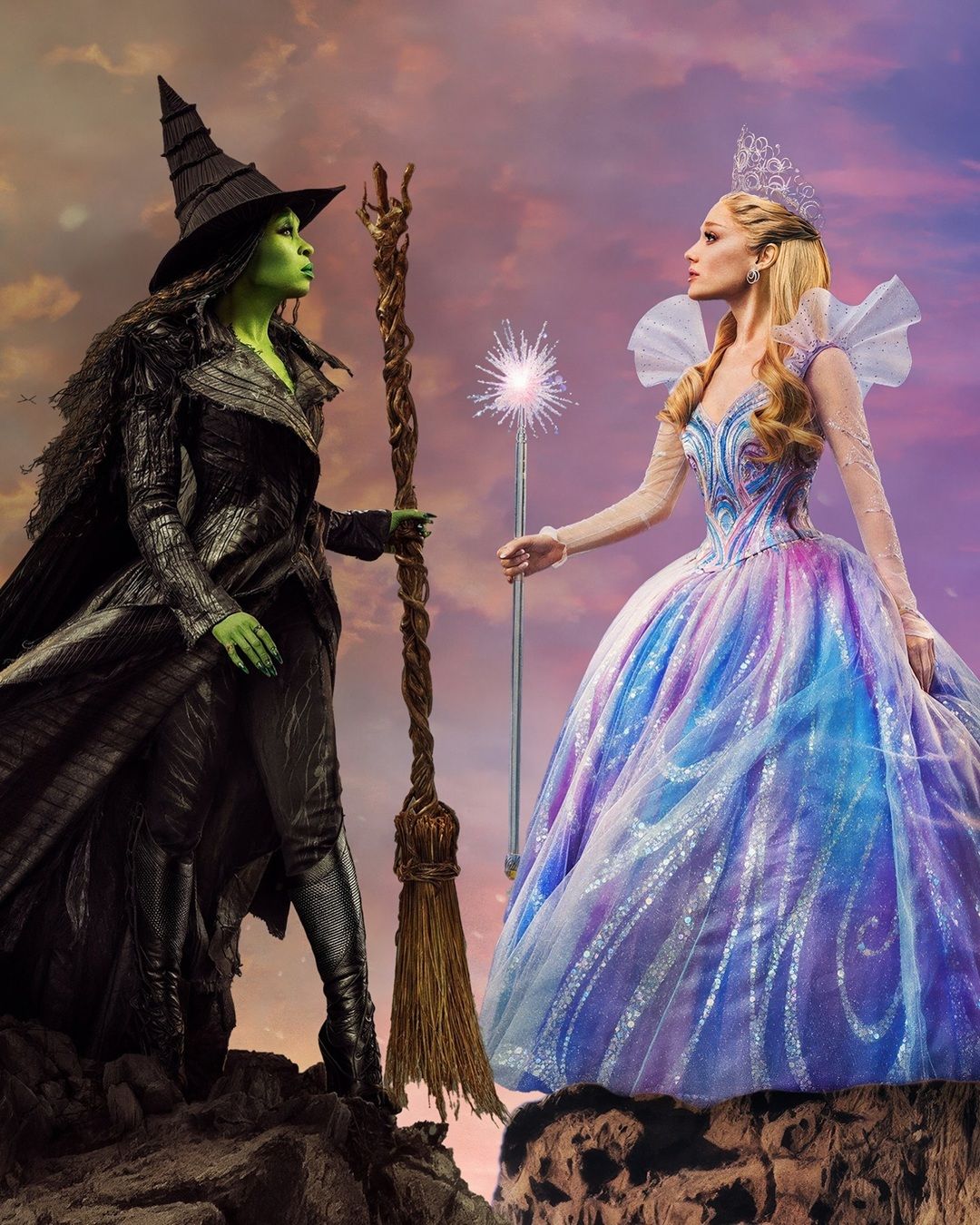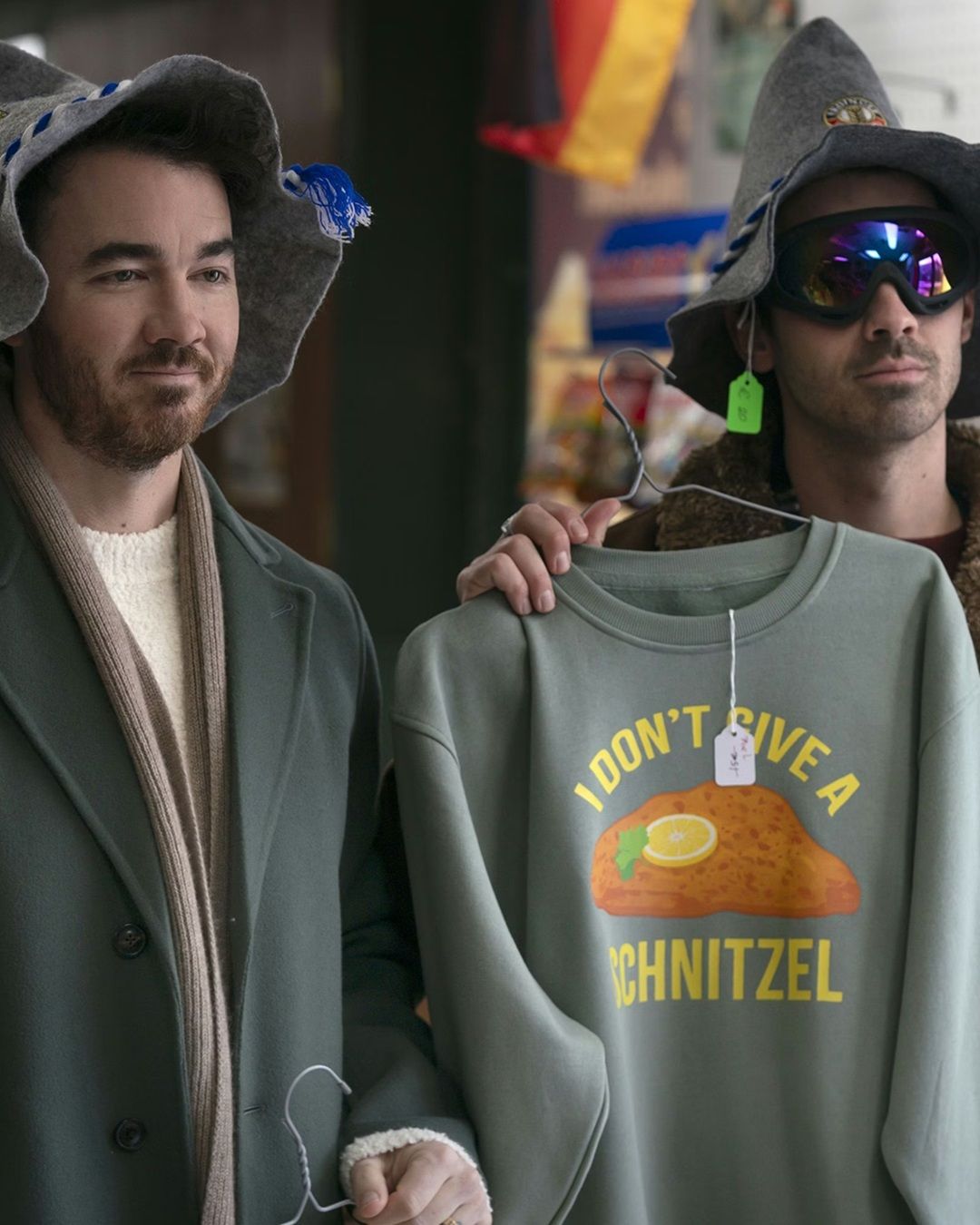
It Ends with Us, Blake Lively and cinema that meets real life Amid domestic violence, sexual harassment, and journalistic investigations, the title arrives in the Prime Video catalog
Ironically, and tragically, the story of It Ends With Us mirrors itself both on and off the screen. Originally a romance novel by Colleen Hoover, published in 2016, it became a box office hit in 2024, earning a staggering $351 million from a $25 million budget. The success was bolstered by the star power of its leads, Blake Lively and Justin Baldoni. However, since its inception, the work has faced criticism for its sensitive themes, sparking debates about the romanticization of toxic relationships, which the lead actress seemed to endorse in interviews. Adding to the controversy, the themes of the movie, now streaming on Prime Video, echo events in the real lives of its cast, making fiction and reality reflections of each other.
Blake Lively vs. Justin Baldoni
On December 21, 2024, a New York Times article by Megan Twohey, Mike McIntire, and Julie Tate revealed Blake Lively's claims of obstruction and a smear campaign orchestrated by Baldoni and publicist Melissa Nathan. Nathan, known for representing Johnny Depp during his divorce from Amber Heard, allegedly sought to tarnish Lively's reputation preemptively to avert potential disputes. This fallout traces back to November 2023 when Lively called out Baldoni, her co-star and the film's director, for inappropriate behavior. The aftermath saw Lively embarking on a promotional tour focused on love's beauty while endorsing her investments, sidelining discussions on violence against women. Meanwhile, Baldoni's narrative portrayed him as a profound advocate for women’s rights, a stark contrast to allegations of sexual misconduct and attempts to undermine a woman's career and existence.
Violence Against Women and Its Overlooked Nuances in It Ends With Us
What links It Ends With Us to the off-screen turmoil involving its actors? Not physical abuse, but the murky undertones of a story yet to fully unravel. The film itself, despite good intentions, fails to effectively address the abusive dynamics between its characters, leaving viewers with a lack of clarity. Whether the fault lies with the novel or its adaptation is irrelevant. Baldoni, both in front of and behind the camera, struggles to differentiate between Lily's (played by Lively) distorted perspective and her actual experiences. The movie falls short of articulating Lily’s mental state, her difficulty recognizing Ryle's manipulative tactics, and the challenges of breaking free from such dynamics. Addressing domestic violence and the reasons victims often remain with their abusers requires deeper introspection than Baldoni and screenwriter Christy Hall achieved. By neglecting the victims' psychological mechanisms, the film misses an opportunity to enrich the discourse and leaves the audience with an impoverished narrative.
In the film, Lily perceives her partner's slaps and pushes as accidents, rationalizing them as everyday mishaps. This is where the film makes its gravest error. The revelation of Ryle’s (Baldoni’s character) abusive actions comes as a faint realization that the protagonist never fully shares with the audience. Brief, confused flashbacks mimic fragmented memories but fail to offer a clear, impactful explanation. For a commercial film, a more detailed, even didactic approach would have been beneficial, ensuring respect for the subject matter and enhancing the story’s significance.
Violence Comes from the Unexpected, and Patriarchy’s Legacy
The film's core message—violence in a relationship often stems from the unexpected—is compelling but diluted by its superficiality. The narrative misses the mark in emphasizing that violence can come from anyone, making it harder for victims to accept the truth about their abuser. This key point, especially relevant given the ending’s implication that Ryle is not an anomaly but a product of patriarchy, needed stronger emphasis. Ryle embodies the societal norms where masculinity has historically dominated, mirroring Lily’s experiences with an abusive father and raising questions about his ability to grow as a future parent.
In the synchrony between on- and off-screen events, *It Ends With Us* highlights a general lack of clarity, burdening both Lively and Baldoni’s real-life controversies and the fictional dynamics between Lily and Ryle. The film, excessively long and overly simplistic, fails to fully side with its protagonist, offering a narrative that is neither impactful nor educational. Will real life provide the lesson the film couldn’t? Only time will tell, as we hope Blake Lively avoids the character assassination suffered by Amber Heard.
























































